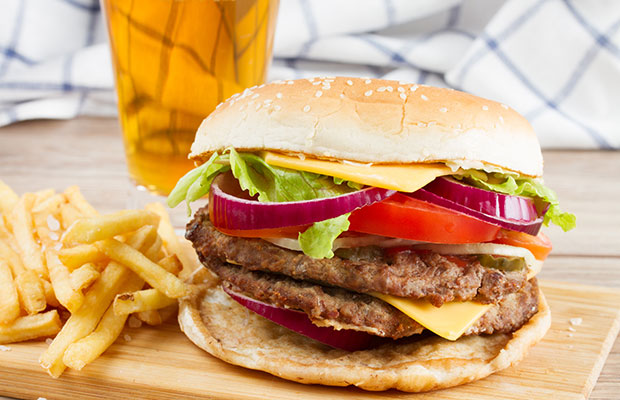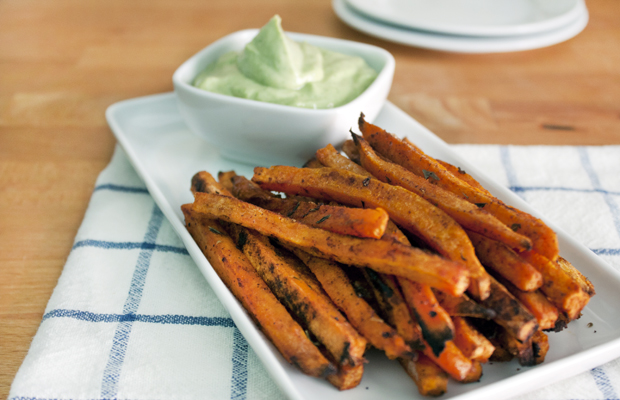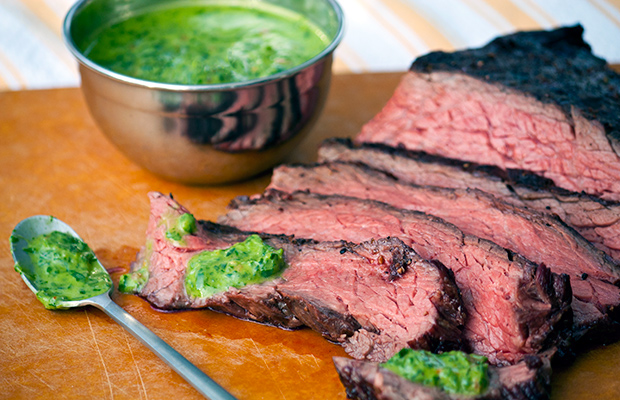
You can get a lean cheeseburger meal? The IIFYM
(If It Fits Your Macros) diet pronounces up. Well, sort of...
While many diets meticulously for foods, you can and cannot
eat, how much you can have, and even when you eat it, for some people, the
restrictions through limits, could be a recipe for failure.
Otherwise, IIFYM diet aims to acquire away from it - with a
focus on three very important sources of energy needed for our bodies to
function properly. We're talking about protein, carbohydrates and fats (aka micronutrients,
or macros). How it works: Calculate your daily caloric purposes, then divide
the calories by 40 percent carbohydrates, 40 percent protein and 20 percent
fat, the support ratio IIFYM say is that very effective for muscle growth, fat
burning and energy levels stable.
Keep in mind, there is some question of whether or not this
diet is actually more or less effective than the "eat clean," and
when a calorie is a calorie regardless of the macro composition of diet you
follow. However, some research supports and many people have reported success
with this diet. If you think IIFYM can work for you, here's what you need to
know.
If It Fits Your Macros: The Overall Equation
The first step in the IIFYM plan is
to figure out how much energy (i.e. Calories) your body uses in a
given day. The amount of calories you burn just by virtue of breathing and
performing other vital functions is known as the basal metabolic rate, or BMR. Below, use the calculators to find out a
rough estimate of your caloric needs, based on the Mifflin-St. Jeor
equation. Later you’ll adjust this number based on your activity level.
Next, you need to compute how active you are.
Leslie Bonci, MPH, RD, CSSD, LDN, Director of Sports Nutrition at the
University of Pittsburgh Medical Center, showed that adding calories based on
the level of activity are an approximate figure and not an exact science. That
said, there is a general range he recommends use for men and women:
- Lightly Active = BMR x 1.3-1.4
- Moderately Active = BMR x 1.5-1.6
- Very Active = BMR x 1.7-1.8
To add calories for your activity level, and
then divide the calories to 40 percent carbohydrates, 40 percent protein and 20
percent fat Remember that you want every meal suitable set-up is 40/40/20. If
it matches the ratio of your macro, you can feel free to eat them.
Everything from roast chicken pizza could be a
"diet-friendly" if it hits your macros. It sounded so good to be
true? We asked Bonci to better explain IIFYM and why it can work.
Personalizing the IIFYM Diet
"As a starting point, it is always a good
idea to log what you eat, then analyze it according to the plan and see what
would need to change for you to eat on the 40/40/20 way," says Bonci. This
way you can find out if a drastic difference would need to take place, or if
you're close to the ratio, which is a good jumping off point.
Get yourself far from ideal 40/40/20? Consider
the 150-pound, 5'9 "man who exercises five times a week as an example.
"He may need 2,550 calories to assign
weight [based BMR and activity level calculation above] for a number of
exercise he does," says Bonci. Here's how he breaks down to eat according
IIFYM.

Carbohydrate Intake
To determine the carbohydrate needs, he will
assign the following calculation:
2,550 (total calories) x 0.40 (percentage of
calories from carbohydrates) = 1.020
One gram of carbohydrate is about four
calories, so divide the calories by four and you get 255 grams of
carbohydrates. That's how much he needs every day.
In theory, IIFYM do not care if you get those
carbohydrates from sweet potatoes or ice cream. As long as it is within your
ratio, you're good to go. In practice, you will probably work harder and better
with a full stomach spinach, though, then you would be if you are loaded with
buffalo Mac and cheese.
And you must remember that endurance athletes
will need to adjust their carbohydrate levels accordingly. "For someone to
exercise five days a week I would probably recommend a daily intake of three
grams of carbohydrates per pound or closer to 450 grams of carbohydrates per
day," he said.
"The more activity, the higher the
carbohydrate needs. But there is something to be said for being
selective," says Bonci. "Go for the whole grains and high fiber
carbohydrates will help you get the most nutritional value."

Protein Intake
Protein has the same calculation as
carbohydrates:
2,550 (total calories) x 0.40 (percentage of
calories from protein) = 1.020
Again, every gram of protein is equivalent to
four calories, so divide protein calories by four and you will get 255 grams.
It can be consumed as lean turkey or chicken breast, but if you're going to
include some double cheeseburger, be sure to factor in the amount of fat from
red meat and carbohydrates from bread, too.
Bonci has some personal messages whit this IIFYM protein recommendations. "I
should note that the maximum recommended amount of daily protein intake,
according to the data from the USDA Dietary Reference Intake is 0.9 to one gram
per pound of body weight," he said. "It came out to be 135-150 grams
of protein per day for a 150-pound man, so we have the potential for excess
protein if he aims to encourage 225 grams suggested above."

Fat Intake
Calculation of passing a slight adjustment for
fat:
2,550 (total calories) x 0.20 (percentage of
calories from fat) = 510 calories
Because every gram of fat is equivalent to
about nine calories, which amounts to about 46 grams of fat each day, according
to Bonci, may be low for some athletes. "Guidelines Fat actually ranged
from 10 to 35 percent of daily calories and 20 percent fat may not be
appropriate or adequate for all," he said. "When someone, especially
endurance exercise, the body uses fat as an energy source, so the demand is
higher."
Even if you are allowed to in IIFYM, eat a
stick of butter wrapped in bacon for your fat intake is not recommended.
"Focus on the good fats, beans, peanut butter, seeds, butter beans, olive
oil, avocado"
IIFYM beauty is its flexibility - you can match
the ratio in accordance with the purposes of your calories and you can choose
from the food to fill this need. As an athlete, you could be going to stick
with complex carbohydrates, lean protein and healthy fats, but IIFYM will not
put you on a guilt trip for the occasional pizza dinner or lunch of fried
chicken.
If It Fits Your Macros Diet
 Reviewed by Angel
on
February 25, 2017
Rating:
Reviewed by Angel
on
February 25, 2017
Rating:
 Reviewed by Angel
on
February 25, 2017
Rating:
Reviewed by Angel
on
February 25, 2017
Rating:




No comments: